Selection of the most interesting space news for the week: Astronomers found an ocean planet, Galileo’s letter turned out to be a fake, as well as an amazing photo of Jupiter from the James Webb Telescope.
“You criticize someone else’s, offer your own. Offering – do it.” — Serhii Korolev
Galileo Galilei’s letter turned out to be a fake
The letter of the Italian astronomer Galileo Galilei, which for many years was considered the pearl of the collection of the University of Michigan library, turned out to be a fake. During a recent inspection, it turned out that the document was made at the beginning of the XX century. This is evidenced by ink, handwriting, some words and watermarks on paper.
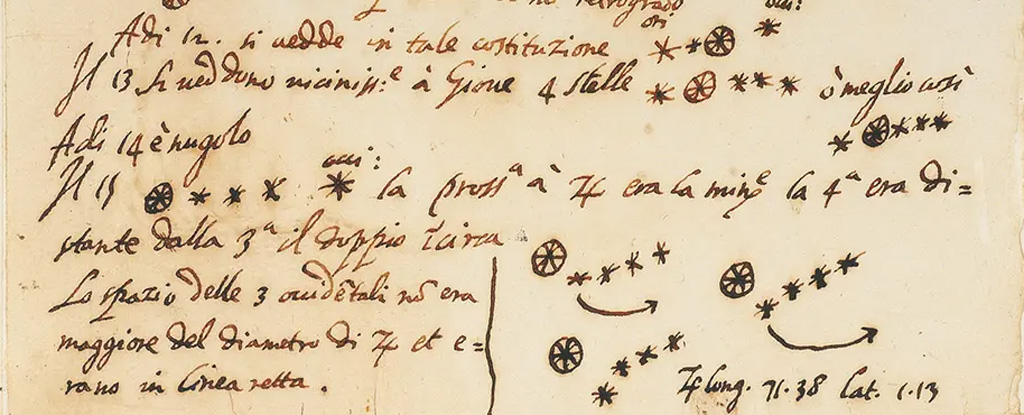
Satellite images showed Russian equipment near Zaporizhzhia NPP
The Ministry of Defense of Great Britain has published a series of satellite images of the Zaporizhzhia NPP. They demonstrate trucks and armored personnel carriers of the Russian invaders standing just 60 meters from the power unit. According to British intelligence officers, this was done in order to accuse Ukraine of creating the risk of a nuclear catastrophe.
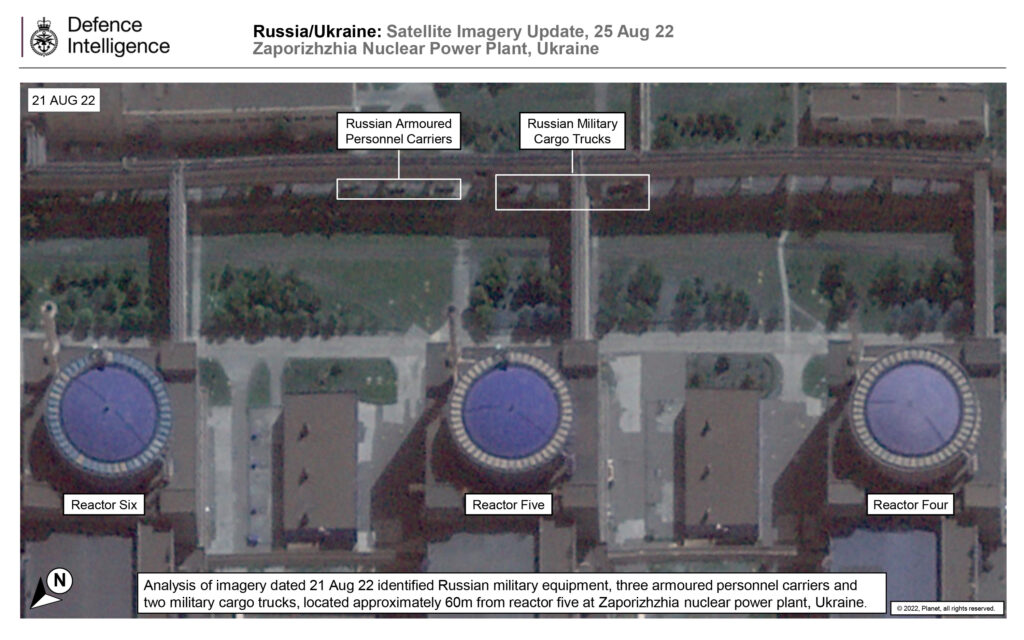
James Webb photographed Jupiter
Scientists working with the James Webb Space Telescope (JWST) have published a striking new image of Jupiter. It shows many amazing details of the largest planet in the Solar System, including giant storms, auroras, its moons and rings.
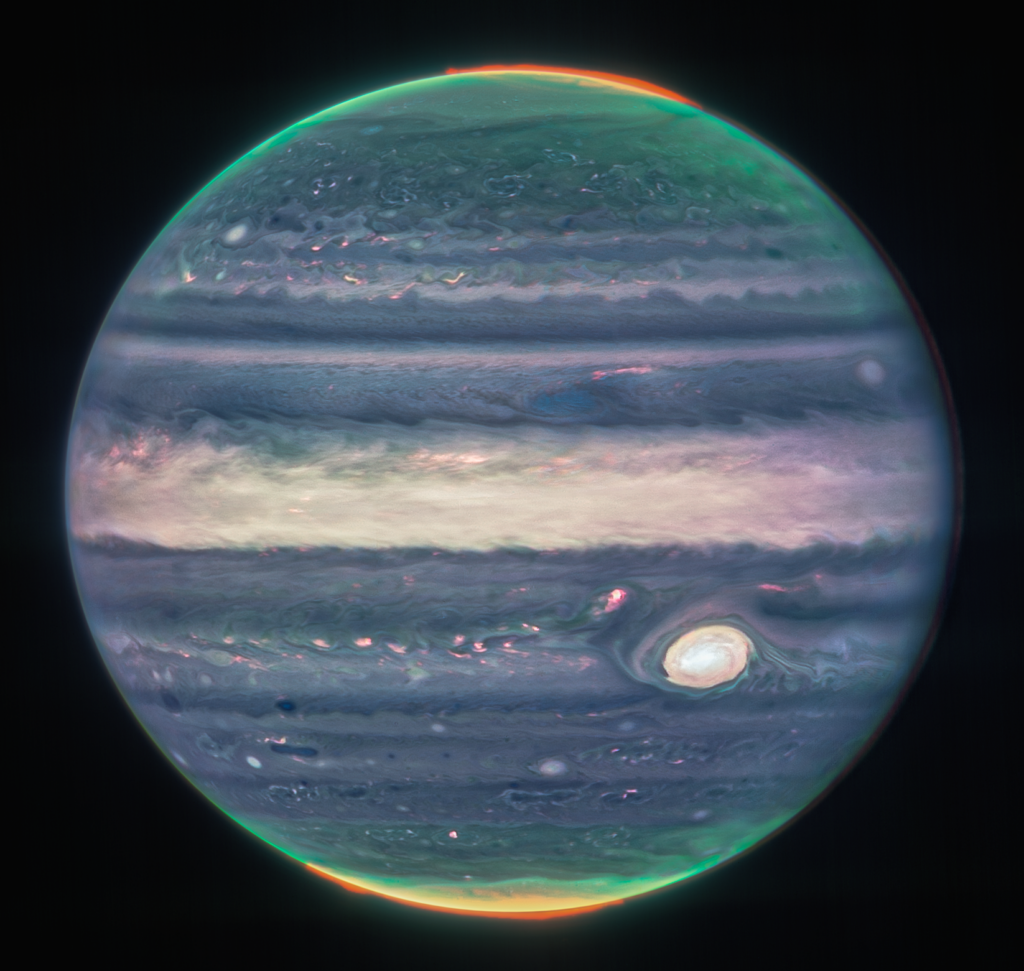
Ocean planet found
After analyzing the data collected by the TESS space telescope, an international team of astronomers announced the discovery of an exoplanet that is part of a system consisting of two red dwarfs. The results of observations suggest that this world may be an ocean planet that is completely covered with water and has no land.
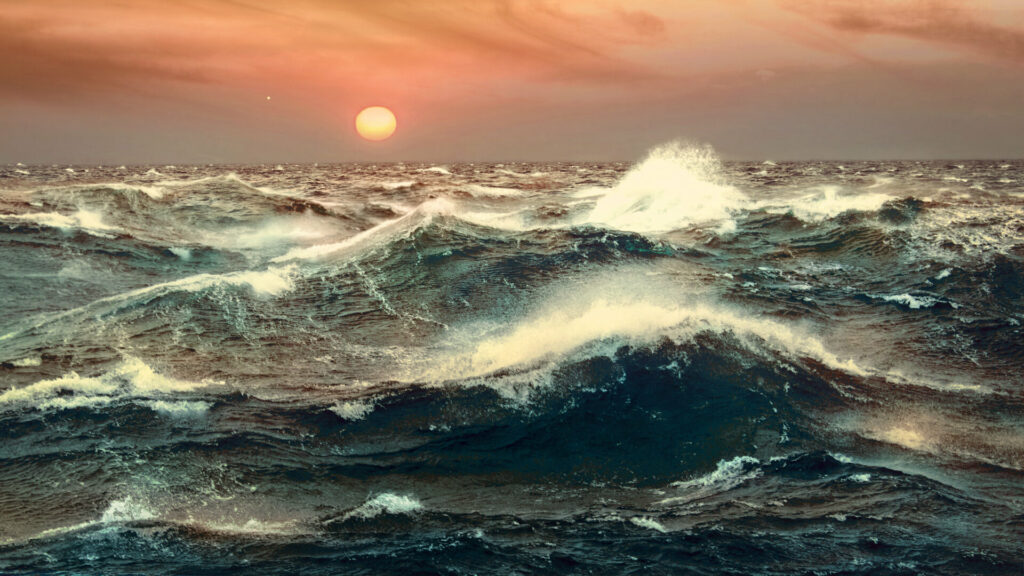
Successful test firing of a 3D-printed rocket
Relativity Space has published a video. It demonstrates the successful test firing of the first stage of the Terran 1 rocket. Its peculiarity lies in the fact that it is almost completely printed on a 3D printer. According to representatives of Relativity Space, the first launch of Terran 1 will take place in the near future.
Photo of the week
Astrophotographers Andrew McCarthy and Connor Matern have published a strikingly detailed portrait of the Moon, which took them two years to create. The 174-megapixel image, dubbed “The Hunt for Artemis,” shows the lunar surface strewn with numerous craters. Due to the increased color saturation, the image also gives an idea of the chemical composition of the Moon. The red tones correspond to regions rich in iron and feldspar, and the blue color is the areas where the regolith is rich in titanium.

Interesting figure — 5 000
That is how many Starlink satellite Internet stations from SpaceX have recently been received by Ukraine. The new batch of terminals was financed by Poland. In total, since the beginning of the large-scale Russian aggression, Ukraine has already received more than 20 thousand Starlink terminals. They help the Ukrainian Armed Forces to always stay in touch, and critical infrastructure facilities to work in difficult conditions.

Something to read on the weekend
Early next week, NASA plans to launch the Artemis I mission, which marks the beginning of the return of humans to the Moon. You can learn more about what is the most powerful launch vehicle since the legendary Saturn V and the new Orion spacecraft from our special material.
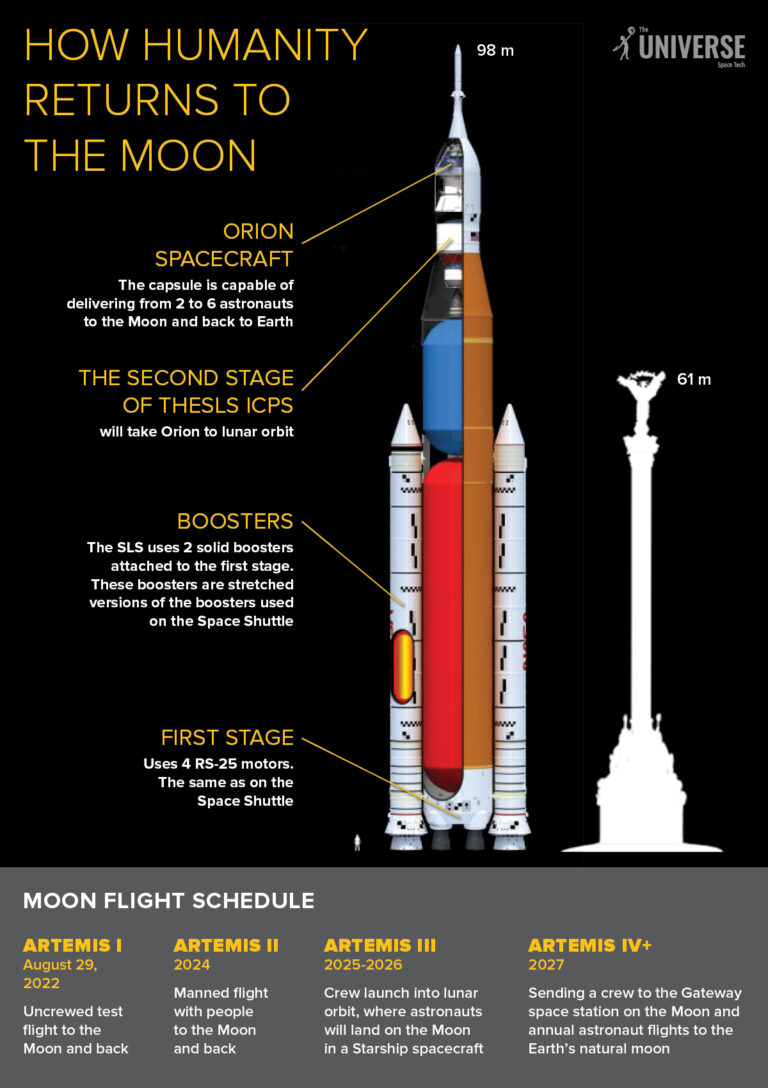
We also wrote about the tenth anniversary of the Voyager 1 probe’s entry into interstellar space and what the future holds for the record-breaking device.
Follow us on Twitter to get the most interesting space news in time
https://twitter.com/ust_magazine

